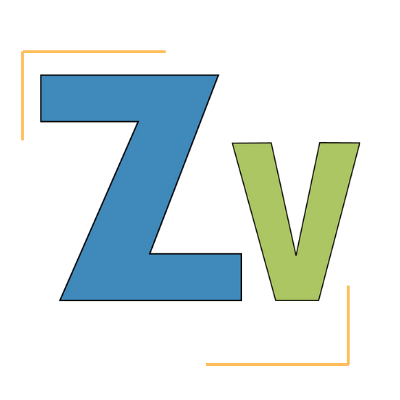DevOps Training – Become a Certified DevOps Practitioner in 2025
Zillion’s DevOps Certification Training is tailored to help you master the modern DevOps ecosystem, tools, and best practices essential for accelerating software delivery and operational efficiency. This comprehensive course covers source code management with Git, continuous integration using Jenkins, build and test automation, containerization with Docker, configuration management with Puppet, and robust monitoring using Nagios.
With expert instruction and hands-on project experience on live pipelines, you’ll gain practical skills in building and managing CI/CD workflows, infrastructure as code (IaC), and real-time system monitoring—preparing you for one of the most sought-after roles in the tech industry today.
Why Choose Our DevOps Training?
-
Aligned with 2025 market demands: Gain knowledge on GitOps, DevSecOps, cloud-native tooling, and Infrastructure as Code, reflecting the latest DevOps and security integration trends.
-
Hands-on experience across popular tools: From Docker networking and volumes to Puppet environment management and Nagios monitoring—learn industry standards with practical demos.
-
Flexible learning modes: Classroom, live virtual sessions, or self-paced videos with unlimited batch access to suit your schedule and learning preferences.
-
Trusted by global enterprises: Zillion is a preferred training partner for multiple MNCs ensuring industry-relevant curriculum and certifications.
Key Features
-
32 hours of instructor-led training delivered over 4 days or 6 flexible weekend batches
-
Comprehensive coverage of the DevOps lifecycle: continuous development, testing, deployment, and monitoring
-
Real-life case studies and integrated project work connecting Git, Jenkins, Docker, Puppet, and Nagios
-
Access to 2 bonus self-paced courses on Chef and Ansible for deeper configuration management knowledge
-
24/7 expert support and lifetime access to learning materials
-
100% money-back satisfaction guarantee*
What You Will Learn
-
DevOps ecosystem fundamentals and evolving roles in software delivery
-
Git version control essentials and Jenkins-based continuous integration pipelines
-
Automating builds, tests, and deployments incorporating security best practices (DevSecOps)
-
Container technology mastery using Docker: commands, networking, volumes, and image creation
-
Configuration management and infrastructure automation with Puppet, including catalogs and modules
-
Real-time infrastructure monitoring and alerting with Nagios and related plugins
-
Integration and automation of DevOps tools for streamlined operations and rapid feedback
-
Practical project to apply learned technologies in realistic scenarios
Who Should Take This Course?
Ideal for software developers, system administrators, testers, IT project managers, and anyone seeking a comprehensive DevOps skillset to accelerate modern software development and deployment careers.
Exam and Certification
-
Participants must complete a practical project evaluated by Zillion’s expert panel to earn the Zillion DevOps Practitioner Certificate.
-
Exam fees are separate; candidates are encouraged to acquire vendor-specific certifications such as AWS DevOps Engineer, Docker DCA, or Kubernetes CKA for specialized expertise.
-
Certification renewal and continuing education align with current industry standards.
Frequently Asked Questions
What setup is required to start the course?
No heavy installations needed; all project work utilizes cloud-based environments accessible through your browser.
Are there prerequisites?
Basic understanding of software development lifecycle and IT operations is helpful but not mandatory.
Can I switch between batches or modes?
Yes, flexible scheduling allows you to attend multiple batches within 90 days.
Is group training available?
Yes, contact our support team for group discount options.
Course Outline
-
DevOps fundamentals and ecosystem overview
-
Version control and continuous integration with Git and Jenkins
-
Build and test automation strategies
-
Containerization with Docker: fundamentals to advanced concepts
-
Configuration management with Puppet: design, classifying nodes, environments
-
Continuous monitoring and alerting with Nagios
-
Bonus content: Chef and Ansible for infrastructure automation







Reviews
There are no reviews yet.